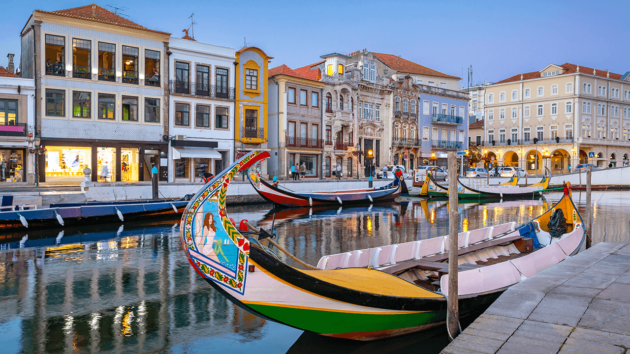
Non-habitual resident status in Portugal confers tax advantages to those who establish their residence for tax purposes in the country. More and more foreigners are taking advantage of these benefits. However, to be recognized as a non-habitual resident, it is necessary to complete an application process with multiple stages. Find out about all the advantages that a non-habitual resident is entitled to, and what you have to do to be granted this status.
What are the advantages of being a non-habitual resident in Portugal?
If you are a foreign citizen and choose to change your tax residency to Portugal, you can apply for a non-habitual resident status. With that you will be entitled to tax breaks lasting for 10 years.
Come to work?
If you come to Portugal for work, you will benefit from a fixed rate of income tax (IRS) of 20%. This reduced rate applies for all professionals with high-value-added skills. The list of professions is extensive and includes jobs like architect, doctor, tax advisor, senior executives, teachers and designers.
Are you retired?
If you are a pensioner, you can also benefit from non-habitual resident status. All pensions coming from outside Portugal, but received in Portugal, are exempted from IRS payments. This is because where there are agreements to prevent double taxation (as with Portugal and France for example), the right to collect taxes falls to the country of residence. At the moment, Portugal exempts retirees from paying taxes on their pensions which don’t originate from Portugal.
To make sure you’re covered by this exemption, the Portuguese Tax Authority (Finanças) has a list of all the requirements currently in force regarding this status.
Who can apply for non-habitual resident status in Portugal?
Non-habitual resident status can be requested by anyone who meets three requirements. You must live abroad, not have been a resident in Portugal within the last five years and want to move to Portugal. To be considered a resident, you must remain in Portugal for 183 days a year or have your primary home there.
What do you have to do to get non-habitual resident status in Portugal?
The applicant must register as residing within Portugal at a tax office (Finanças) or a citizen’s service bureau (Loja de Cidadão). After being assigned with a tax identification number, you must submit an application to register as a non-habitual resident in the same place, or through the tax authority website (Portal Das Finanças).
In order for your application to be accepted, the submission must be made by March 31st of year following becoming a resident in Portugal.
A step-by-step guide
1. Register as resident in Portugal at a tax office and receive a tax identification number;
2. Fill out an online form to receive a password to gain access to the tax authority website;
3. After receiving the password (delivered to your address by mail), register as a non-habitual resident through the tax authority website;
4. Follow the progress of your submission until it is accepted through the same site;
5. Receive confirmation in your online account on the tax authority website in PDF format, and keep it safely stored;
6. If you have a value-added job, submit a certified copy of proof your profession to:
- Direção de Serviços de Registo de Contribuintes
Avenida João XXI, 76, 6th
1049-065 Lisbon Portugal
Don’t forget that the managers at Conta Golden Key can help you complete each step of this process. In addition to knowing what needs to be done, they explain all the details in your native language.
Non-habitual resident numbers are on the rise
In 2016 there were already over 10,000 non-habitual residents in Portugal. Since then, the number of applications registering and receiving the benefits has been increasing. The majority are French, Swedish and Finnish. However, there are also Brazilians, British and Germans interested in enjoying the tax advantages of this status.



